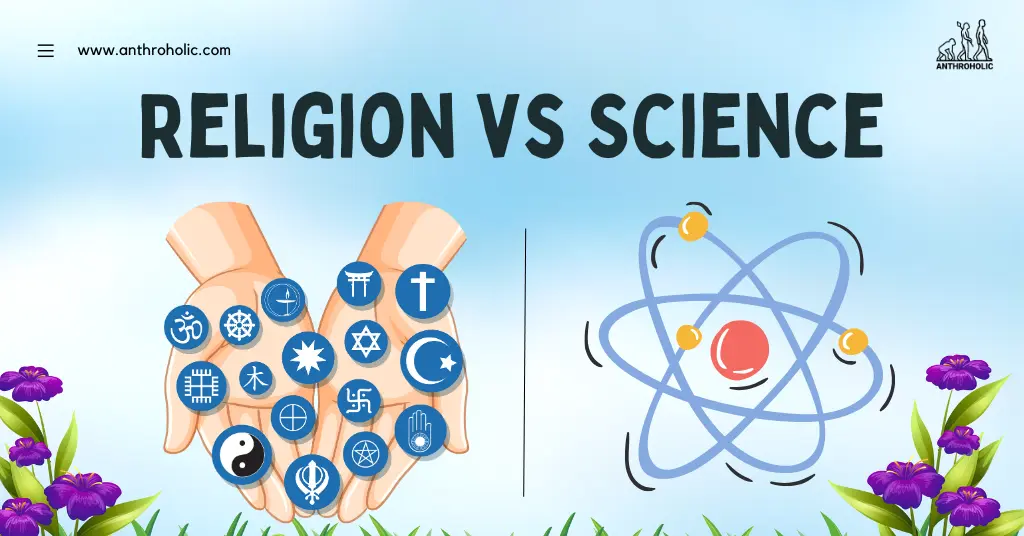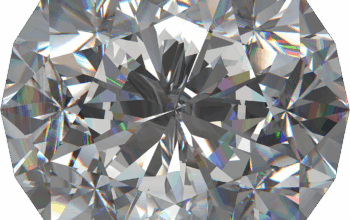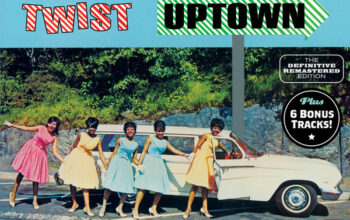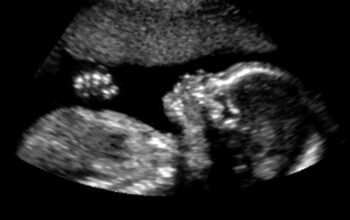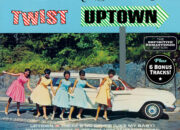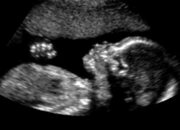In the contemporary discourse surrounding the interplay of knowledge systems, the juxtaposition of religion and science assumes a prominently contentious role. As we traverse the intricate landscape of belief versus empirical evidence, one must ponder: where genuinely lies the chasm that divides these two paradigms? This inquiry is not merely academic; it ignites fervent debates among scholars, philosophers, and laypersons alike. At its core, this exploration requires an interrogation of the underlying principles that differentiate faith from inquiry, dogma from skepticism, and belief from verifiable truth.
Historically, religion has been a bastion of moral guidance and existential meaning. Its doctrines are often preserved through tradition, communicated across generations by oral and written texts. Scientific endeavor, conversely, champions inquiry—built upon hypothesis testing and an ever-evolving understanding of the natural world. The quintessential modern conflict, prominently exemplified by debates regarding evolution and creationism, invites the question: can these two modes of understanding coexist, or are they fundamentally at odds?
First, it is essential to delineate the methodologies characteristic of both domains. Science relies on the scientific method, a rigorous framework that involves observation, experimentation, and validation. This process is inherently self-correcting, as new data can amend or revolutionize established paradigms. In stark contrast, many religious doctrines are perceived as immutable, stemming from sacred texts or divine revelations, which followers regard as eternal truths. This difference raises the poignant challenge—can faith accommodate the fluid nature of scientific discovery, or does it necessitate a static worldview?
While some may argue that scientific paradigms have encroached upon the realms traditionally reserved for religion, others postulate that this whittling away of belief is misconstrued. For instance, the anthropic principle in cosmology and the explorations of quantum mechanics raise profound metaphysical questions, often transcending simplistic categorization into religious or scientific binaries. Herein lies an invitation to rethink the intersection of these realms: should they be seen as mutually exclusive, or as complementary prescriptive tools for understanding our existence?
One must also consider the implications of cognitive dissonance that arise when individuals grapple with scientific findings that contradict deeply held religious beliefs. Cognitive dissonance, as described in psychological literature, refers to the mental discomfort experienced when confronted with conflicting information. This dissonance can lead to denial, a phenomenon observable in reactions to climate change, vaccination challenges, and evolutionary theory. At this intersection of belief and skepticism, one might ask: is denial an active resistance to scientific rigor, or a subconscious defense mechanism against the destabilization of one’s worldview?
Furthermore, the implications of such denial are significant. In societies where scientific literacy is at odds with religious belief, a polarization can emerge, leading to schisms in public policy, education, and health initiatives. The recent debates concerning the efficacy of vaccines and the perpetuation of pseudoscientific narratives exemplify the perilous trajectory of ignorance fueled by denial. In this light, one might assert that the real divide is not solely between religion and science, but rather between knowledge and ignorance, where denial serves as a refuge for those unwilling to confront inconvenient truths.
Despite these challenges, other perspectives elucidate potential for harmony. Numerous theologians and scientists advocate for a reconciliatory approach. They propose that religion addresses questions of meaning, morality, and purpose, while science elucidates the mechanisms of the universe. For many, this duality does not incite conflict but rather enriches their comprehension of existence. Take, for example, the writings of prominent figures who harmonize scientific inquiry with spiritual belief. Such perspectives suggest that rather than a battle between dogma and scientific inquiry, there exists a continuum whereby both can inform and enrich the other.
This dichotomy leads to a profound reflection: how does one navigate personal beliefs amid conflicting ideologies? The answer may lie in cultivating critical thinking and nuance. Embracing the complexity of both realms may inspire collaborative exploration rather than divisive dialectic. Thus, rather than asking whether religion or science holds the monopoly on truth, a more beneficial inquiry might consider how these frameworks can engage in constructive dialogue to illuminate the multifaceted experience of humanity.
As we stand at the confluence of these intellectual traditions, it becomes increasingly evident that the line between denial and acceptance is negotiable. Rather than epitomizing an intractable divide, the relationship between religion and science may, in fact, serve as a fertile ground for holistic understanding. Engaging thoughtfully with both ideologies may illuminate pathways toward addressing the existential inquiries and ethical dilemmas faced by contemporary society. The challenge lies in fostering an environment in which curiosity supplants denial, allowing for constructive engagement between seemingly disparate domains.
In conclusion, the contemplation of religion versus science denial transcends mere academic exercise; it prompts a greater philosophical inquiry into the nature of understanding itself. As we grapple with complexities that define our existence, we are beckoned to consider not merely where the divide exists, but how one might traverse it. The possibility for dialogue, appreciation, and collaboration beckons, urging us to reframe the narrative away from opposition and toward a more integrated perspective that embraces the nuanced tapestry of human thought.
